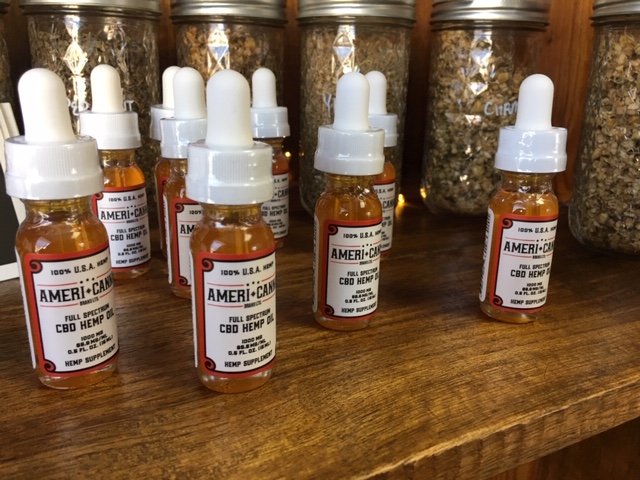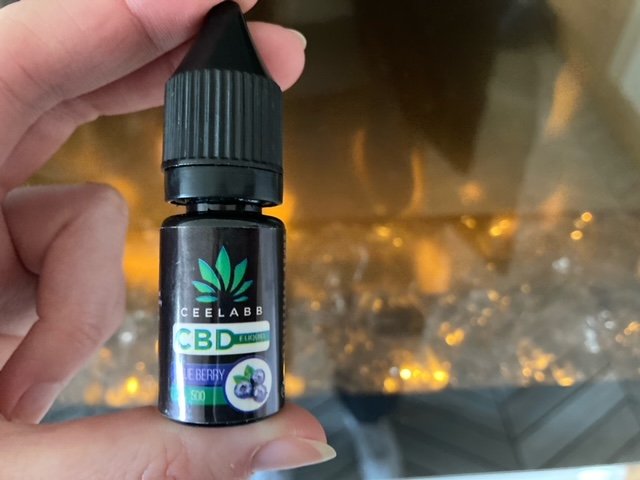
In recent years, the popularity of CBD oil has surged, and with it, a myriad of options flooding the market. The quest for the perfect CBD oil can be overwhelming, especially for first-time buyers. From understanding the terminology to deciphering product labels, navigating the CBD landscape requires informed decisions. This comprehensive buyer’s guide aims to demystify the process, empowering you to make the right choice for your individual needs.
Understanding CBD Basics
Before delving into the selection process, it’s crucial to grasp the basics of CBD. Cannabidiol, or CBD, is a compound extracted from the hemp plant. Unlike its cousin THC, CBD is non-psychoactive, meaning it doesn’t produce a “high.” Instead, CBD interacts with the endocannabinoid system in the body, influencing various physiological processes.
Decoding CBD Product Labels
One of the first challenges in choosing the right CBD oil is deciphering product labels. Key information such as CBD concentration, extraction method, and additional ingredients play a crucial role. Opt for products that provide clear details on these aspects. A reputable brand will transparently display third-party lab test results, ensuring the product’s potency and purity.
Determining CBD Potency
CBD oil comes in various potencies, typically measured in milligrams (mg). The right potency depends on individual factors such as body weight, tolerance, and the desired effects. Beginners may opt for lower concentrations and gradually increase, while those with more experience might prefer higher potencies for targeted relief.
Full-spectrum vs. Broad-Spectrum vs. Isolate
Understanding the three main types of CBD extracts is vital for making an informed choice. Full-spectrum CBD contains a wide range of cannabinoids, including trace amounts of THC. Broad-spectrum CBD retains other beneficial cannabinoids but eliminates THC, making it a suitable option for those concerned about drug tests. Isolate, on the other hand, contains only pure CBD, devoid of other cannabinoids.
Considering the Extraction Method
The method used to extract CBD from the hemp plant impacts the final product’s quality. Common extraction methods include CO2 extraction, ethanol extraction, and oil extraction. CO2 extraction is widely regarded as the cleanest and most efficient, preserving the full spectrum of cannabinoids without harmful residues.
Assessing Third-Party Testing
Reputable CBD manufacturers subject their products to third-party testing to verify their quality and safety. These independent labs assess the CBD concentration, screen for contaminants, and confirm that the product adheres to legal THC limits. Consumers should prioritize brands that readily share these test results, ensuring transparency and trustworthiness.
Understanding the Entourage Effect
The entourage effect refers to the synergistic interaction between cannabinoids, terpenes, and other compounds in the hemp plant. Choosing a full-spectrum or broad-spectrum CBD oil enhances the entourage effect, maximizing the therapeutic potential of the product.

Navigating Different CBD Consumption Methods
CBD is available in various forms, including tinctures, capsules, edibles, and topicals. Consider your lifestyle and preferences when selecting a consumption method. Tinctures offer fast absorption under the tongue, while capsules provide a convenient, pre-measured dose. Edibles offer a tasty option, and topicals target localized issues.
Researching CBD Brands
With the market flooded with CBD products, researching and choosing reputable brands is paramount. Look for companies with a history of transparency, positive customer reviews, and clear ethical practices. Consider the source of the hemp, the manufacturing process, and the brand’s commitment to quality.
Legal Considerations
Understanding the legal status of CBD in your region is crucial to avoid legal complications. While CBD derived from hemp is legal in many places, regulations may vary. Stay informed about local laws and ensure that the CBD oil you choose complies with these regulations.
Conclusion
Choosing the right CBD oil is a personal journey that requires careful consideration of various factors. From understanding CBD basics to decoding product labels, the process demands informed decision-making. By prioritizing transparency, quality, and individual needs, you can navigate the expansive CBD market with confidence.
Remember, the journey doesn’t end with purchasing CBD oil. Regularly reassess your needs, stay informed about industry developments, and consult with healthcare professionals if needed. The right CBD oil can be a valuable addition to your wellness routine, providing natural support for a balanced and healthy lifestyle. If you are interested in learning more about CBD, visit corporate page for further info.

